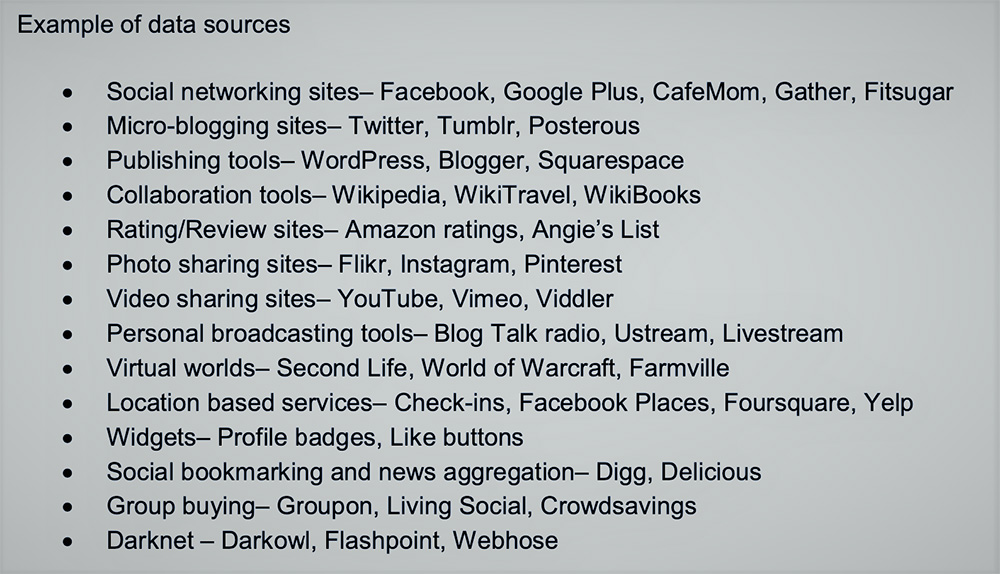The RCMP awarded a new social media monitoring contract Sept. 2 to a U.S. company that uses artificial intelligence to track what’s said on the web. Virginia-based Babel Street says its software can instantly translate between 200 languages and filter social media content by geographic areas and by sentiments expressed. Using artificial intelligence, it also analyzes relationships between content and senders, according to the company.
The software is used by several U.S. intelligence and enforcement agencies, including U.S. Customs and Border Protection, the Department of Homeland Security and the FBI.
“We are proud to do the hard work at Babel Street because we believe it’s our mission to support those who are tasked with defending American values,” said the company’s CEO in a LinkedIn post.
The Seattle Police Department evaluated the software in 2016, but is no longer using it, according to a Vice report.
When the RCMP invited bids in April for software to expand its “social media monitoring” capabilities, the criteria it listed closely matched advertised features of Babel Street’s Babel X software. A specific requirement for translating a minimum of 200 languages, for instance, suggests that the force may have had the popular software in mind when designing bid documents.
The RCMP said it needed the ability to monitor a range of online communities, giving as examples hidden encrypted dark net websites; video game players on World of Warcraft, Second Life and FarmVille; the parenting blog CafeMom; user review sites such as Amazon ratings and group buying sites like Groupon.

In an open tender posted in April, the force required that any bidder enable 20 users to anonymously collect data from at least 15 of its example sources.
The RCMP required geolocation filtering abilities to draw radius circles, rectangles and polygons; and combine multiple combinations for searches. This kind of “fencing” capability is associated with gathering intelligence on specific events and incidents, including protests.
The bid documents also list AI functions for reading text contained in images and sentiment analysis. In a brochure reviewed by Vice, Babel X said its sentiment analysis involves evaluating attitude, emotion and intent in postings and connecting it to the “goals of a user.” This sentiment can be tracked in a geographic region over time with visual heat maps, the brochure claims.
Babel Street also boasts in its brochure that it was the first to obtain an internal magazine published by ISIS fighters, Dabiq, Vice reported.
The expansion of online surveillance concerns Cynthia Khoo, a Citizen Lab research fellow and human rights lawyer who recently co-authored a report “To Surveil and Protect” on algorithmic policing.
“Given the track record of Canadian law enforcement using social media surveillance to target civil rights movements and Indigenous and racial justice activists, the RCMP should not be further expanding these kinds of capabilities without wide public consultation and an independent inquiry into this technology's impact on human rights and historically marginalized groups, such as Black and Indigenous communities,” Khoo told The Tyee in an email.
The surveillance could have a disproportionate chilling effect on marginalized groups, which turns expressive public forums into zones of restrictive speech, Khoo added.
The Tyee previously reported on the RCMP’s similar, though less sophisticated internet and social media monitoring project Wide Awake, which the force said it originally purchased to respond to incidents but shifted to proactively identifying threats.
The RCMP said it intended Babel Street to be a complement to Social Studio — the software used under project Wide Awake.
"It offers additional features that are not available from within Social Studio, such as access to the dark web, language translation, geolocation, and additional data-sets,” said Cpl. Caroline Duval of the RCMP.*
*Story updated on Sept. 23 at 12:54 p.m. to include a comment received from the RCMP. ![]()
Read more: Rights + Justice, Science + Tech
















Tyee Commenting Guidelines
Comments that violate guidelines risk being deleted, and violations may result in a temporary or permanent user ban. Maintain the spirit of good conversation to stay in the discussion.
*Please note The Tyee is not a forum for spreading misinformation about COVID-19, denying its existence or minimizing its risk to public health.
Do:
Do not: